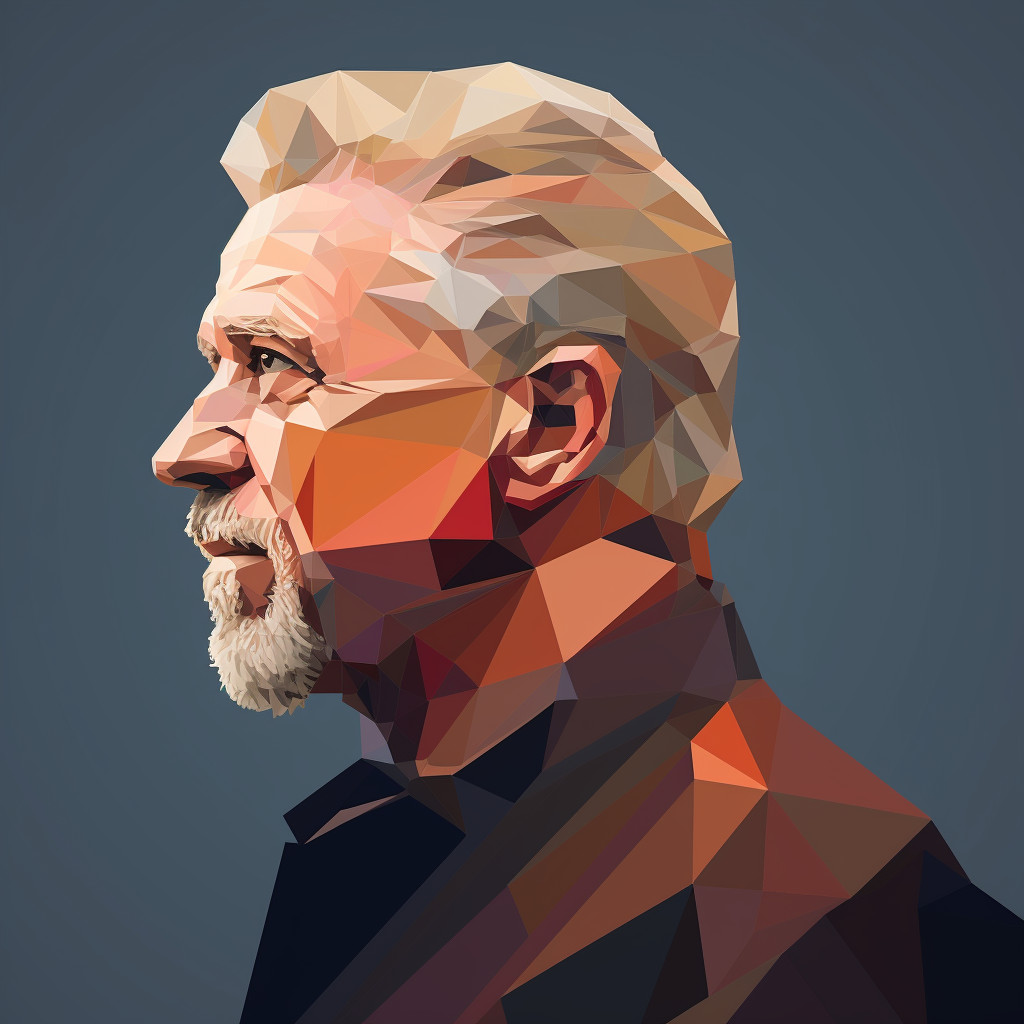This quote suggests a desire for a more personal, relatable connection between the author and their readers, rather than a traditional authoritative or expert relationship. The author prefers to be seen as a friend, someone who is on the same level as the reader, rather than someone who is superior or more knowledgeable. This approach encourages mutual respect, open dialogue, and shared learning experiences rather than a one-way flow of information from the author to the reader.
This idea can be applied in today’s world in various ways. For instance, in the field of education, teachers can strive to establish a friendly rapport with their students, fostering an environment of mutual respect and shared learning. This can make students feel more comfortable and open to learning, as they do not feel judged or talked down to.
In the corporate world, managers can adopt a similar approach, treating their employees as equals rather than subordinates. This can encourage open communication, collaboration, and innovation, as employees feel more comfortable sharing their ideas and opinions.
In personal development, this idea can be applied by viewing mentors or coaches as friends rather than authorities. This can create a more comfortable, open environment for growth and learning, as individuals may feel more comfortable discussing their struggles and challenges with someone they view as a friend rather than an authority figure.
Moreover, this perspective can also be applied to one’s self-growth journey. Instead of viewing oneself as an authority or expert, one can approach personal development with humility and a willingness to learn, viewing oneself as a friend on a journey of growth and discovery. This can foster a more positive, open mindset towards self-improvement, as one is more likely to embrace mistakes and challenges as opportunities for growth rather than failures.








